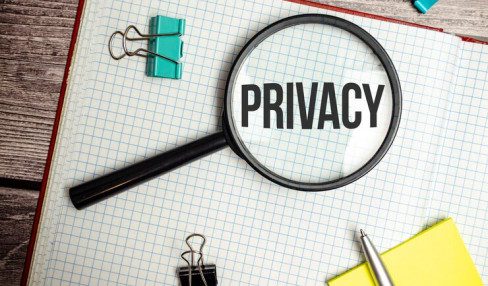What Is A Preliminary Hearing?
3 Mins Read
Published on: 07 November 2023
Last Updated on: 10 September 2024

Several legal proceedings occur when someone is charged with a crime. One such legal procedure is the preliminary hearing. This is considered the “trial before the trial” in which the clerk magistrate listens to evidence presented by the prosecution to determine whether or not the defendant should stand trial. For the defendant, it is the first opportunity to prevent the case from going to trial, as getting charged with a crime does not always lead to conviction.
A preliminary hearing is also referred to as a clerk magistrate hearing or probable cause hearing. Its primary purpose is to determine whether there is enough evidence to proceed with a full-blown trial. During this hearing, the prosecution presents evidence and witnesses to establish probable cause, which means there is enough evidence to suggest that the defendant likely committed the crime they are charged with.
Probable Cause
The central question in a preliminary hearing is whether probable cause exists. Probable cause is a legal standard that is lower than the standard of proof required at trial, which is “beyond a reasonable doubt.” It merely requires that there is a reasonable belief or suspicion that the defendant committed the crime. If probable cause is established, the case proceeds to trial.
Presentation Of Evidence
In a preliminary hearing, the prosecution presents evidence, such as witness testimonies, documents, or physical evidence, to support their case. The defense has the opportunity to cross-examine witnesses and challenge the evidence presented. In some cases, there is not sufficient evidence for the case to go to trial. There are also cases in which insufficient evidence leads the case to be overturned, as the evidence does not hold up under the court of law.
The Judge’s Decision
Unlike a trial, where a jury determines the defendant’s guilt or innocence, a judge presides over a preliminary hearing and decides probable cause. The judge’s decision is based on the evidence and arguments presented by both the prosecution and the defense. It is also the judge’s decision at this stage to determine whether a bail amount needs to be set. The clerk magistrate does not convict a defendant during a preliminary hearing. If there is sufficient enough evidence, the defendant could go to trial, which has the potential to lead to conviction.
Preparing A Defense
While the primary focus of the preliminary hearing is on establishing probable cause, the defense may also use this stage to gauge the strength of the prosecution’s case and, in some cases, try to have the charges dismissed or reduced. Even during the arraignment, which occurs before the preliminary hearing, a defendant should contact an experienced attorney to represent them in their case. An attorney will help defend the defendant during the preliminary hearing, which is the first opportunity to get a case overturned before it goes to trial.
Why Are Preliminary Hearings Important?
Preliminary hearings play a vital role in the criminal justice system for several reasons:
- They protect the defendant’s rights
- They are efficient in the court system
- They provider transparency
These hearings provide a mechanism to ensure that individuals are not subjected to a full trial without a reasonable basis for the charges against them. This safeguards the rights of the accused. They are also efficient, as they weed out cases with weak evidence early in the process to help streamline the court system and prevent unnecessary trials. Lastly, they offer an opportunity for the defense to challenge the prosecution’s case and hold the government accountable.
A preliminary hearing is a crucial step in the criminal justice process, serving as a check to ensure that cases proceed to trial only when there is sufficient evidence to support the charges. Understanding the role and purpose of a preliminary hearing provides the defendant with a greater opportunity to defend their case.
Read Also:


















Comments Are Closed For This Article